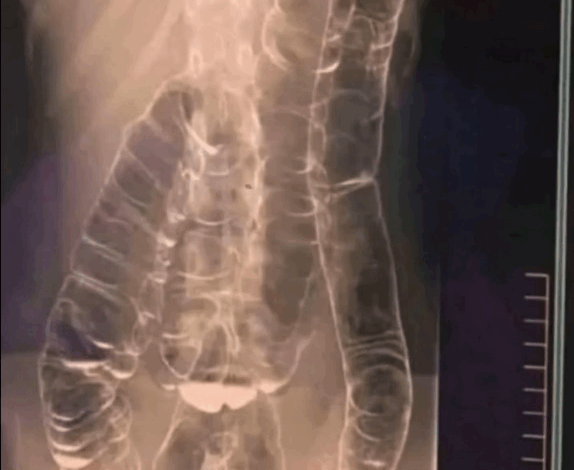Chronic Constipation: The Hidden Threat to Digestive Health You Shouldn’t Ignore

Constipation is something most people experience at some point in their lives. For some, it may only be an occasional inconvenience, but for others, it can become a persistent problem that significantly impacts quality of life. While constipation might sound like a simple digestive issue, medical experts warn that ignoring it for too long can lead to serious health risks.
In this article, we’ll explore what chronic constipation really means, why it can be dangerous if left untreated, the symptoms to watch for, and the most effective natural ways to manage and prevent it.
What Exactly Is Constipation?
Constipation is generally defined as having fewer than three bowel movements in a week, with stools that may be hard, dry, or difficult to pass. People experiencing constipation may also feel like they haven’t fully emptied their bowels after going to the bathroom.
It’s important to note that everyone’s body is different. Some people have bowel movements daily, while others naturally have them every two to three days. Constipation becomes a concern when the frequency drops significantly, the process becomes painful, or when symptoms last for several weeks.
Why Constipation Is More Serious Than People Think
Many people assume constipation is just a minor annoyance. However, when the condition becomes chronic, it can affect much more than digestive comfort. Prolonged constipation can strain the intestines, cause painful complications, and even raise long-term health risks.
1. Colon Distension
If waste remains in the colon for too long, it can cause the colon to stretch beyond its normal size. Over time, this can weaken the muscles in the intestinal wall, making bowel movements even more difficult.
2. Toxin Buildup
When stool sits in the colon for days, harmful byproducts can build up. This may lead to symptoms such as constant fatigue, skin problems, bad breath, and a weakened immune system.
3. Hemorrhoids and Anal Fissures
Straining during bowel movements puts pressure on the veins around the rectum, often leading to hemorrhoids. Additionally, very hard stools can cause small tears in the lining of the anus, called fissures, which can be painful.
4. Intestinal Blockage
In severe cases, untreated constipation can cause stool to harden into what’s known as a fecal impaction. This blockage can prevent anything from passing and may lead to dangerous infections or tissue damage.
5. Increased Risk of Colon Conditions
Some studies suggest that chronic constipation, especially when combined with an unhealthy diet, may increase the risk of developing serious colon-related issues later in life.